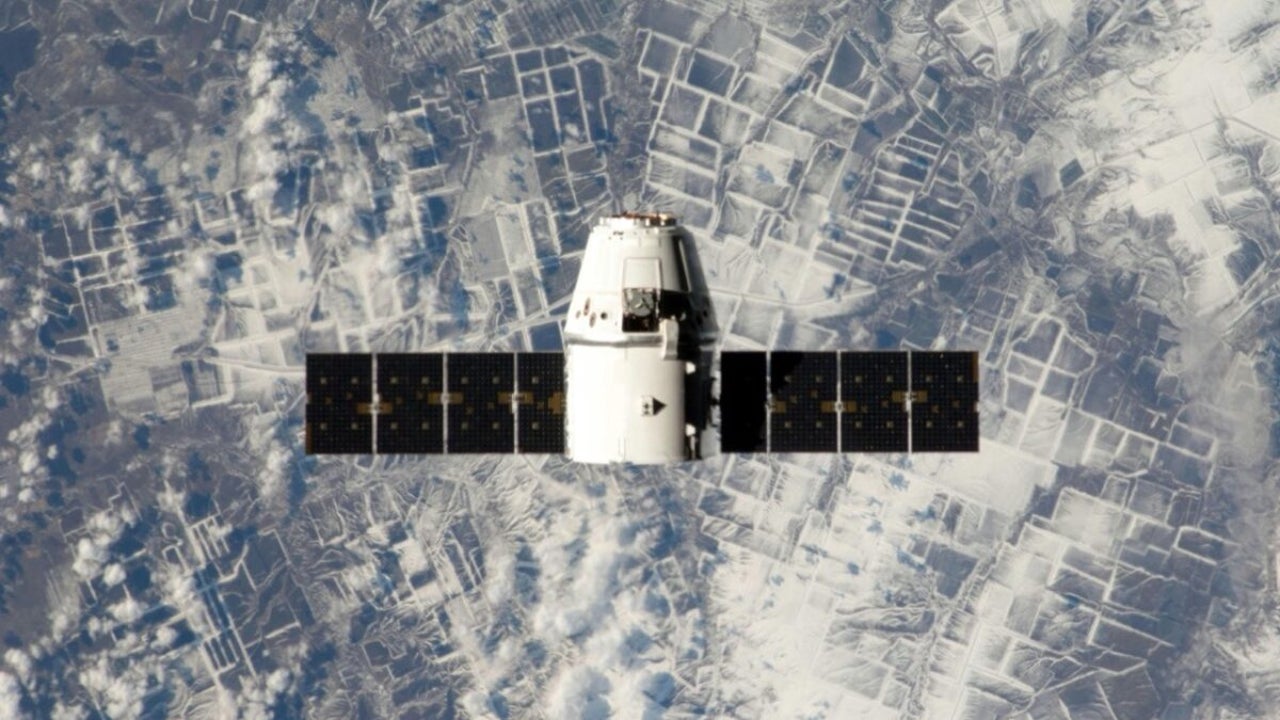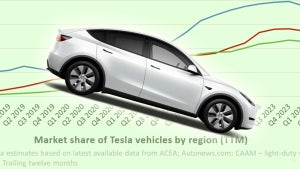News
Want to buy a satellite? Here’s what it costs
A Las Vegas company is offering private military-grade satellites for $5.5 million, including launch, ground control, and advanced features for digital sovereignty.

- April 27, 2025
- Updated: April 27, 2025 at 12:20 PM

A Las Vegas-based company is now offering ultra-wealthy individuals the opportunity to purchase a military-grade personal satellite for $5.5 million. United Spaceports Corp., the owner of the upcoming Las Vegas Spaceport, has launched a new product: the Black Star 1000 satellite, which comes complete with launch and ground support.
What’s included in your $5.5 million satellite package
Each purchase includes a refrigerator-sized satellite, a launch into low-Earth orbit on a SpaceX rocket, and a fully operational terrestrial command center. The satellite features an AI-powered Nvidia data center, a cryptocurrency coin wallet, and a telescope for outer space observation. It also boasts military-grade communications, an X-band for data downlink, and an S-band for satellite control, making it one of the most advanced private platforms ever offered.
Solar arrays keep the system powered, and modular design allows future upgrades. Owners also receive 24/7 dedicated support and one ground station for satellite communications. For those with deeper pockets, the company offers customizations like geostationary orbit launches or airborne receivers to ensure satellite access even while flying.
Digital sovereignty for the ultra-rich
Rob Lauer, CEO of United Spaceports, claims the Black Star 1000 delivers “the most secure data and communications platform ever conceived.” He argues that in an age of constant digital surveillance and cyber threats, owning a personal satellite is a matter of necessity, not luxury, especially for powerful business leaders seeking complete control over their communications.
Though the market is niche, early adopters could become pioneers of a new era—one where space is not just for governments, but for private individuals too.
Latest from Agencias
You may also like

European EV Sales Surge by 23.9%, Leaving Tesla Behind
Read more

Tesla’s Production vs. Waymo’s Safety: A New Chapter in the Driverless Car Rivalry
Read more

Kia EV Owners Gain Access to Tesla’s Supercharger Network
Read more

They’ve created an AI to lie in job interviews. Yes, you read that right
Read more

Tesla Cybertruck Repair Costs Skyrocket to Over $57,000 After Collision
Read more

This is the biggest mistake you can make when using ChatGPT — and it has an easy fix
Read more